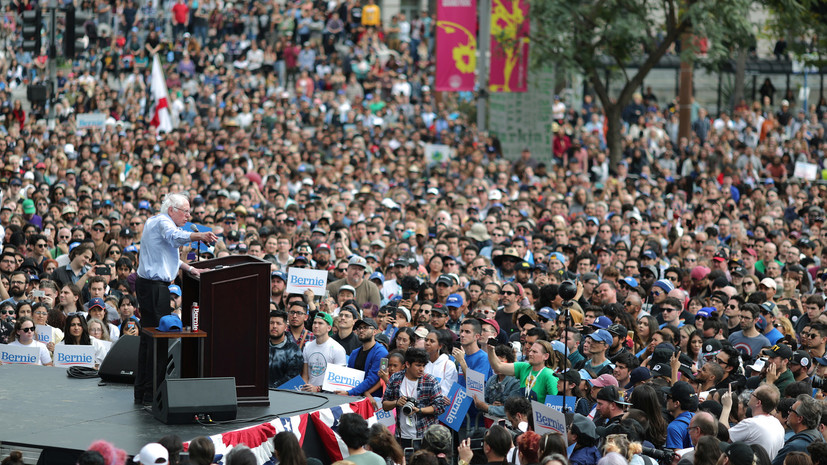The famous American political scientist Francis Fukuyama admitted that he was wrong when in 1992 he announced the “end of history” and the final victory of capitalism over other great ideologies of the twentieth century. The reason for rethinking their ideas was the success of illiberal regimes and movements in recent years - both in the countries of the “old democracy” (Italy, France) and more widely in the world (Turkey, Hungary, China). Fukuyama writes about this in his new book, Identity: The Requirement of Dignity and the Policy of Discontent (Identity: The Demand for Dignity and the Politics of Resentment).
It is interesting how, after 27 years, history has returned debts, laughing at those who were so self-confident and proud in their judgments. It turned out that modern democracies are beautiful covers that form a society of endless consumption, leaving a void in the system of meanings. Liberal ideology assumes that each person must create his own value system and strive to implement it. In practice, this approach generates neuroses on a national scale and inability to set goals.
Fukuyama agrees that when the promised prosperity turns into an unattainable illusion (a carrot for a donkey) or, conversely, into satiety, people begin to feel atomic and alienated from each other. They need something more - to feel their belonging to a big idea, a project, a mission that would involve the entire society, and not just its small groups (for example, some billiards lovers and the like). And radical liberalism with its obsession with feminism, the rights of minorities and “democracy” cannot be a guide for all.
Socialism and the ideas of Karl Marx returned to the agenda, becoming an alternative to unfair liberalism. The redistribution of wealth, broad social support, an equal opportunity society - these are the basis on which a new interest is built, according to Francis Fukuyama. Many popular political movements in the world not only use the semantic field of socialism as an ideological foundation, but also synthesize it with the local political culture (for example, Les Insoumises of Jean-Luc Melenchon in France). And it is obvious that this ideological renaissance really threatens liberalism.
Fukuyama is silent about this, but one can see that the United States and its satellites are reacting sharply to the loss of their ideological exclusivity. Hostile actions against Venezuela, the DPRK and China are an attempt to slow down the course of history and gain an artificial advantage. But, as you know, action gives rise to opposition: America’s shifting is only a matter of time.
The point of view of the author may not coincide with the position of the editorial board.

